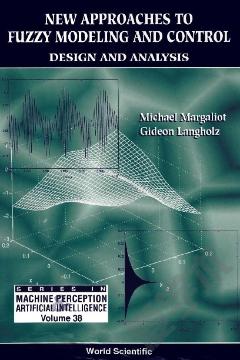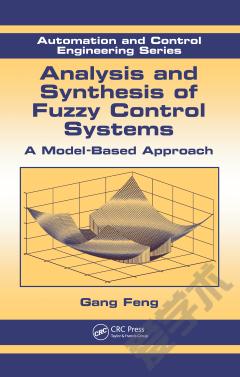New Approaches To Fuzzy Modeling And Control: Design And Analysis
Fuzzy logic has found applications in an incredibly wide range of areas in the relatively short time since its conception. It was invented by Lotfi Zadeh, a leading systems expert, so it is perhaps not surprising that system theory is one of the areas in which fuzzy logic has made a profound impact. Fuzzy logic combined with the paradigm of computing with words allows the use and manipulation of human knowledge and reasoning in the modeling and control of dynamical systems.This monograph presents new approaches to the construction of fuzzy models and to the design of fuzzy controllers. The emphasis is on developing methods that allow systematic design on the one hand and mathematical analysis of the resulting system on the other. In particular, the methods described allow rigorous analysis of the stability and robustness of the systems, which are crucial issues in control theory.The first theme of the book is a new approach to the systematic design and analysis of fuzzy controllers, given linguistic information concerning the plant and the control objective. The new approach, fuzzy Lyapunov synthesis, is a computing with words version of the well-known (classical) Lyapunov synthesis method.The second theme of the book is to show that fuzzy controllers are in fact solutions of a nonlinear optimal control problem. The authors formulate a novel nonlinear optimal control problem, consisting of a new state-space model — referred to as the hyperbolic state-space model — and a new cost functional, and show that its solution is a fuzzy controller. This leads to a new framework for fuzzy modeling and control that combines the advantages of the fuzzy world, such as linguistic interpretability, and of classical optimal control theory, such as guaranteed stability and robustness.
{{comment.content}}








 京公网安备 11010802027623号
京公网安备 11010802027623号